María Lekka
Effect of ultrasound vibration during electroless deposition on the corrosion resistance of EING and ENEPIG printed circuit boards
· ·
María Lekka
Effect of ultrasound vibration during electroless deposition on the corrosion resistance of EING and ENEPIG printed circuit boards
· ·
José Antonio Díez
Fundamentos y control de la corrosiu00f3n en la industria de tratamientos de superficie
· ·
José Manuel Vega
Corrosion monitoring of nickel-chromium systems in an acidified electrolyte containing cupric ions
· ·
FERIA – participaciu00f3n en Stand
· ·
Egoitz Luis (moderador)
Eurocar congress. Debate.

Stay updated
Subscribe to our newsletters and discover our latest news, technology advances and events of interest.



